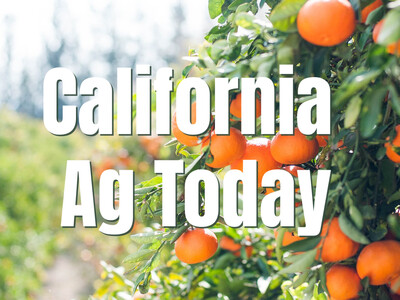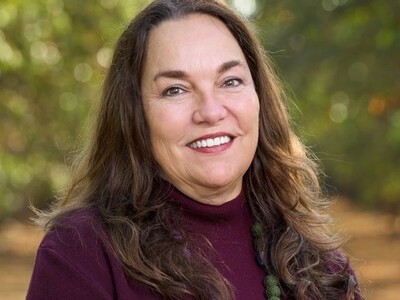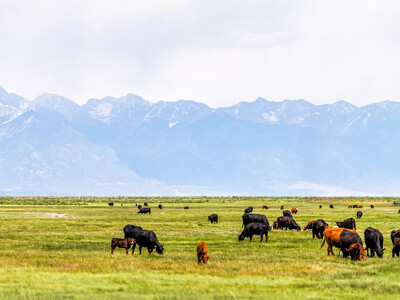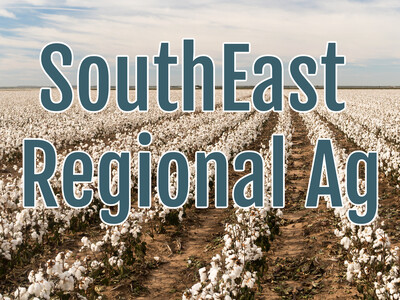Wheat Ban Lifted & Best Management Practices
Wheat Ban Lifted & Best Management Practices plus Food Forethought. I’m Greg Martin with today’s Northwest Report.
South Korea has lifted the ban on imports of U.S. wheat after the local food safety regulator found no unapproved genetically-modified grain in recent shipments. The Korea Food and Drug Administration says expanded inspections of 45 samples of wheat and flour imported from Oregon and another 160 samples from other states showed all were free of the unapproved genetically-modified wheat strain discovered at a farm in Oregon. The Japanese ban remains in effect.
Heard of the 4R’s? Laura Kubitz of The Fertlizer Institute explains how USDA is using the 4R's as an education tool and best management practice guideline.
KUBITZ: The 590 Standard is a group of procedures, best management practices that USDA comes out with that helps farmers address a certain issue. It sets protocol. And so the 590 standard for nutrient efficiency, it has the 4R language in there. It specifies that they want farmers and retailers to use the right fertilizer source, the right rate at the right time and in the right place. Because that addresses it as a holistic effort and making sure that they’re only using what they need so that it improves their economic front and also so that they’re a good stewards of the environment and making sure that they’re not letting anything run off into the soils to pollute our waters and our environment.
Now with today’s Food Forethought, here’s Lacy Gray.
County fairs are kicking off around the country, and it’s nice to hear that people still get excited about going to their local fair. County fairs give ag journalists a chance to report on events and activities highlighting the young people that are involved with agriculture. County fairs also offer the non-farming community the opportunity to see these young girls and boys putting their animal welfare techniques into practice as they walk through the livestock barns or attend livestock expositions. If those visiting the livestock areas at their local fairs take the time to chat with the young people caring for their animals, they will discover that the true “face of agriculture” is one that respects the animals being cared for and is passionate about the hard work that farm families do to “feed the world”. It’s been said that farmers and ranchers do a great job of raising everything but their voices, and that may have been true in the past. Now days though that has been changing. Farmers and ranchers have discovered that just doing their job well doesn’t cut it, they have to let people know about not only the technical ins and outs of their operation, but the soul behind it as well.
Thanks Lacy. That’s today’s Northwest Report. I’m Greg Martin on the Ag Information Network.














